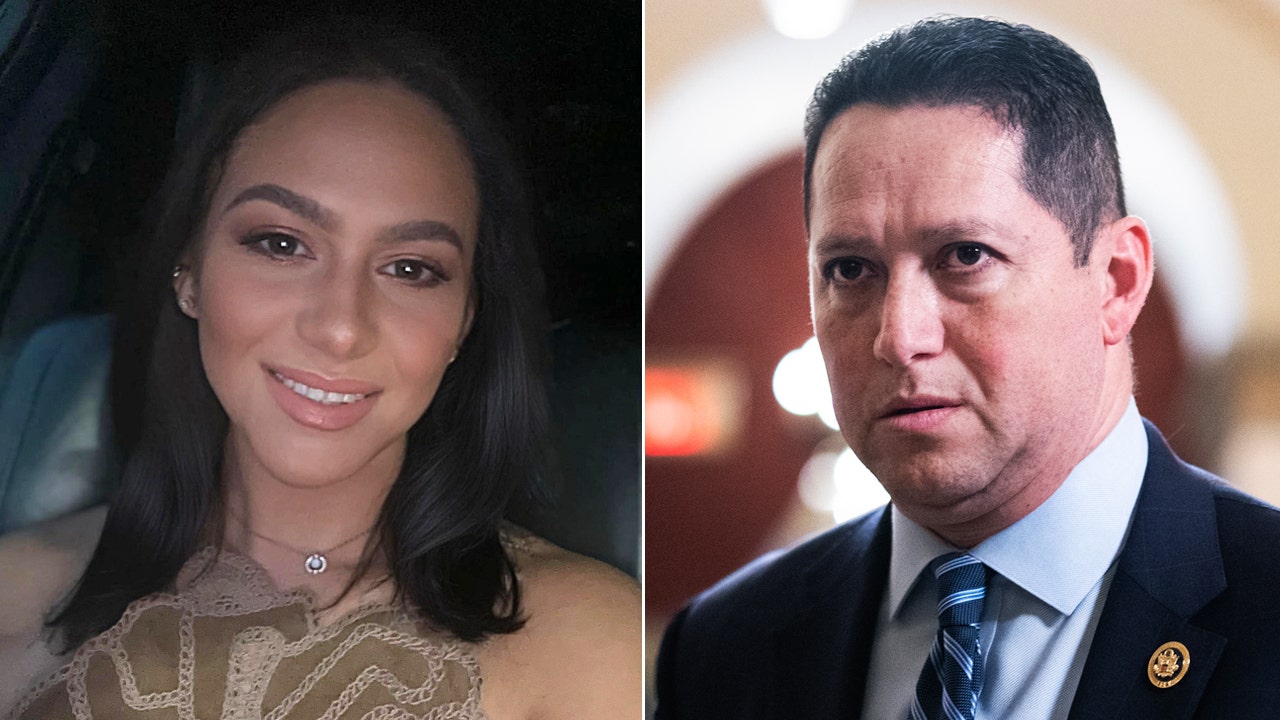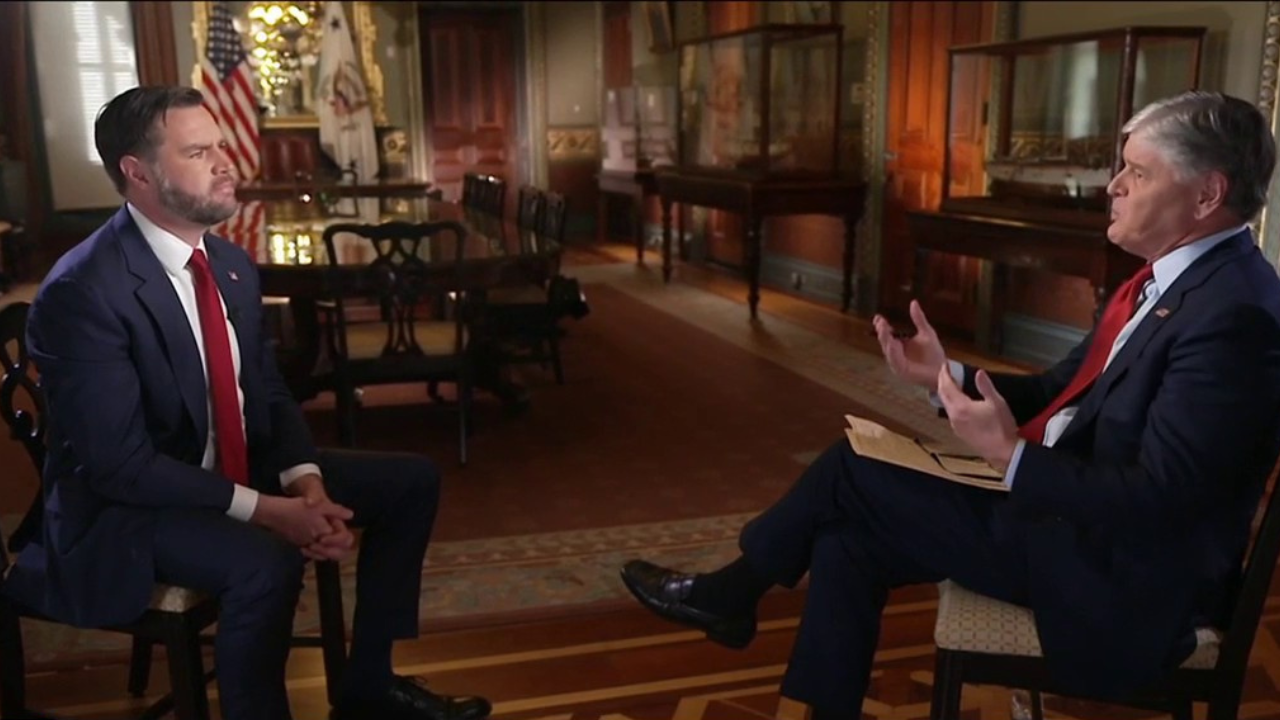Dear Mr. President:
I want to draw a parallel between two worlds that don’t seem connected but are. I’m not sure if you follow long-distance running. Perhaps you should.
Is it hubris, or fear, or something else entirely that keeps us clinging with white knuckles to our positions of power — refusing to pass the torch until God breaks our fingers?
Last month, on Patriots’ Day, Des Linden crossed the finish line of her 12th Boston Marathon, triumphantly concluding a professional career that has cemented her legend status on Boylston Street.
It was there in 2018 that she made history, becoming the first American woman in 33 years to win, doing so under punishing conditions that overwhelmed many of the sport’s top contenders.
That year, she famously slowed down mid-race to help fellow runner Shalane Flanagan rejoin the pack, only to kick ahead of Mamitu Daska and Gladys Chesir on the Newton Hills to claim victory. Linden capitalized on persistence, grit, and her competitors’ fatigue.
‘That was a really good day’
Linden’s career spans decades at the highest level of competition, including two Olympic appearances (London 2012 and Rio 2016), a personal best of 2:22:38, and countless top American finishes at many of her 24 major marathons.
Just before lining up at the start of the 2025 event, she shocked fans by announcing her retirement from marathoning at age 41.
Though her 2025 time of 2:26:19 marked her fastest event performance since 2017, she knew it was time to hang up her Brooks Hyperions.
“I was happy with the time I ran, I was happy with how I ran … and it was also just kind of perfect,” she said on “Nobody Asked Us,” her podcast with fellow distance runner Kara Goucher. “It’s just not competitive. That was a really good day, and it’s just not competitive.”
“There’s a level of dignity to it,” she continued. “I don’t want to just limp through these races or be there just to be there. I want to do it well, and if I can’t do it well, I need to move on.”
Aging ungracefully
Dignity is a waning virtue in American politics. Our ruling class is aging, ungracefully, in public.
Dianne Feinstein, a once formidable senator, was wheeled daily into the Capitol in her final months, visibly confused, voting only when prompted by staff, and at one point attempting to give a speech when directed simply to say “aye.”
Mitch McConnell, twice in one year, froze silently mid-sentence at press conferences — eyes locked, hands clenched — and was escorted away like a man forgetting where, or who, he was.
Ruth Bader Ginsburg, a liberal icon, chose not to step down when President Obama could have appointed her successor — clinging to her seat until her death in 2020, which opened the door for you, Mr. President, to replace her with conservative Amy Coney Barrett, reshaping the Supreme Court for a generation.
And, of course, Biden’s presidency was marked as much by gaffes and confusion as by ill-fated policy. He tripped repeatedly up the steps of Air Force One, wandered away from press events unsure of where to exit, and at times struggled to finish coherent sentences during major addresses.
In one widely circulated moment, he mistook the president of Egypt for the president of Mexico. At international summits, he appeared disengaged, sometimes gazing blankly while other leaders spoke and sometimes falling asleep. His handlers often cut his mic or shuffled him away mid-question. What’s more, he was selfishly propped up by his party and his family to run for a second term.
White-knuckle leadership
Is it hubris, or fear, or something else entirely that keeps us clinging with white knuckles to our positions of power — refusing to pass the torch until God breaks our fingers, through infirmity, humiliation, or death, to take it from us? I don’t know.
What’s certain is that we have a choice — one with the power to shape our legacies and reveal the true motivations of our hearts.
Our first president understood this better than most, as articulated in his farewell letter to the nation. George Washington’s resignation after two terms — at the height of his ability and at the age of 64 — was a deliberate decision, modeling restraint, humility, and faith in the next generation.
“In a country whose institutions are essentially free, the voluntary relinquishment of power is as necessary as the wise exercise of it,” he said in his 1796 address.
And then, reflecting on his service: “Though in reviewing the incidents of my administration I am unconscious of intentional error, I am nevertheless too sensible of my defects not to think it probable that I may have committed many errors.”
“I shall carry with me the hope that my country will never cease to view them with indulgence; and that,” he continued, “the faults of incompetent abilities will be consigned to oblivion, as myself must soon be to the mansions of rest.”
That joke isn’t funny any more
At first, I smiled and rolled my eyes at your mention of a third term. In April 2018, during a White House event, you quipped, “Should we go back to 16 years? Should we do that? Congressman, can we do that?”
The crowd laughed; it was a joke, we thought. You’re a stand-up comedian, I explained to fretting leftist friends, whose apoplectic reactions no doubt egged us all on — a brawler with a flair for provocation, not a man mounting a serious challenge to constitutional norms.
Then came the merchandise — “Trump 2028” hats — and the repeated musings: “After that, we’ll go for a third term,” you said at a rally in Nevada. By 2025, the line between jest and intent had blurred. When pressed on the matter in a March 30 interview with Kristen Welker, you replied, “No, no, I’m not joking.”
Good Trump, bad Trump
Herein lies the bind of the Trump supporter: trapped in an exhausting game of “good Trump, bad Trump” — squaring your achievements and impulses, downplaying your unconstitutional suggestions, all while hoping your next move isn’t one we truly can’t defend.
And then, during an exclusive “Meet the Press” interview last week, you offered your clearest indication yet that you’d leave office after two terms, without attempting to extend your stay. “I’ll be an eight-year president; I’ll be a two-term president. I always thought that was very important,” you told moderator Kristen Welker.
Some conservatives in my circle breathed a sigh of relief. Others still wait with bated breath, not sure what to believe. Stances have shifted before. For many on the right, your unpredictability is part of your strength: a negotiating tactic, a strategic ambiguity. However, when it comes to the peaceful transition of power — a foundational tenet of American conservatism — unpredictable rhetoric doesn’t inspire confidence.
A broken clock
That’s why, though I’m loath to admit it, a May 6 New York Times editorial raises a valid concern. “Trump’s Third-Term Jokes Deserve a Serious Response” argues that this kind of rhetoric doesn’t just amuse or provoke — it reinforces your critics’ worst fears. “He has a history, after all, of using seemingly outlandish speculation to push ideas he genuinely favors — such as overturning an election result — into mainstream discourse,” the editorial board writes. They continue:
He tests boundaries to see which limits are actually enforced. Even when he backs away from a provocation, he often succeeds in raising doubts about those limits. His behavior is consistent with a president who indeed wants to serve a third term, if not more, and who keeps raising the idea in the hope of getting Americans comfortable with it.
Those who watched January 6 unfold or listened to your musings about “stolen elections,” even in jest, fear that uncertainty and volatility may once again destabilize faith in our political process. In a climate rife with cynicism, some conservatives aren’t just asking what you’ll do — they’re wondering whether your word, this time, will be final.
Going out on top
In an Instagram post on race day, Des Linden took her final bow. “People say you should go out on top, and that’s what I’m doing — because getting to race my final professional marathon in Boston is indeed going out on top. I’m ready to leave it all out on the course one last time,” she wrote. “See you on Boylston.”
Mr. President, please keep your promise — for the sake of the Republican Party that you’ve reshaped for the better, for the young conservatives you’ve energized, for the party’s dignity and your own. Run the three-year race set before you, and then go out on top.
Read the full article here







![NYPD Officers Race To Save Teenager In Distress [WATCH] NYPD Officers Race To Save Teenager In Distress [WATCH]](https://www.rvmnews.com/wp-content/uploads/2024/06/2024.06.03-10.03-rvmnews-665d94ea9a0ee.jpg)




